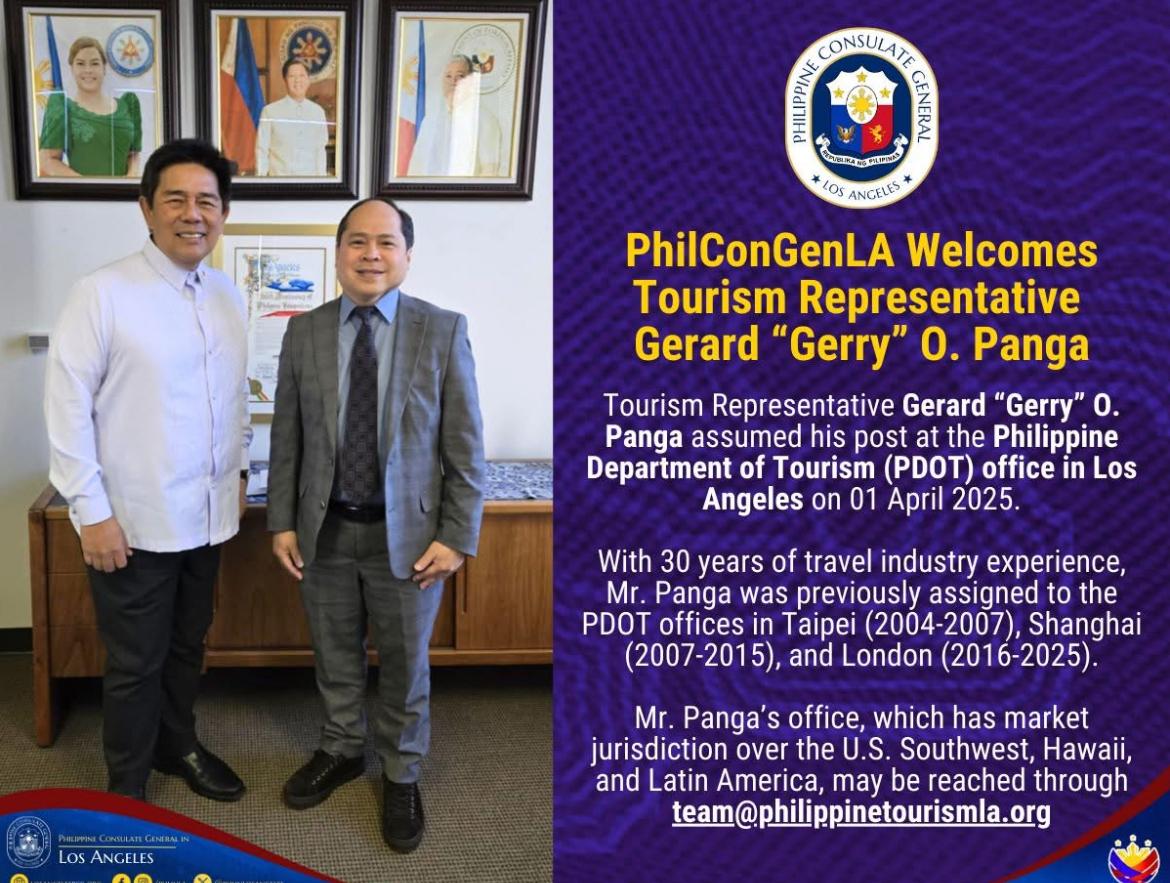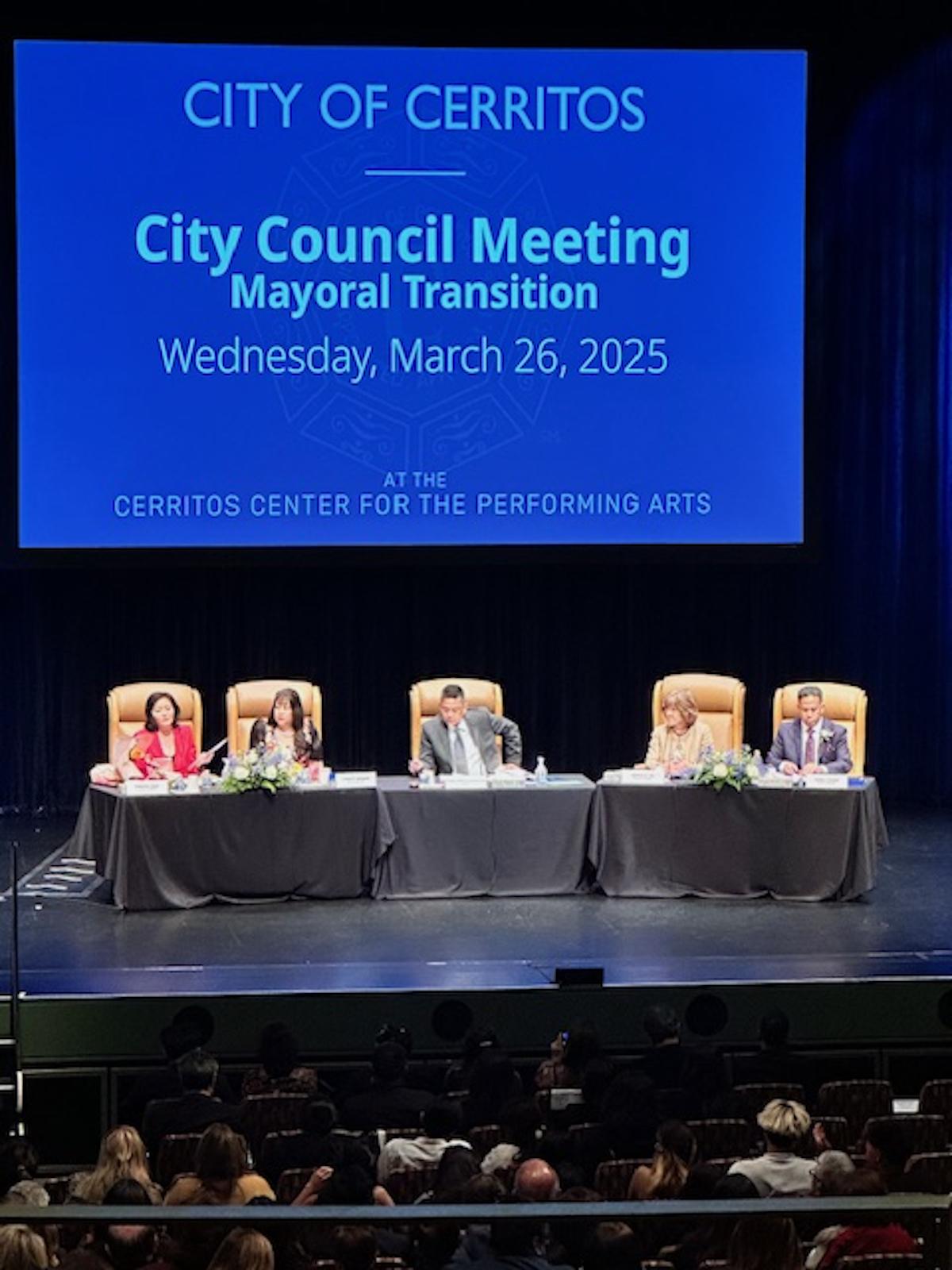CALIFORNIA Public Utilities Commission (CPUC) President Michael Picker told members of the National Diversity Coalition (NDC) on Friday, March 6, that minority communities can increase their impact on energy and related issues by continually challenging the agency.
“People should bring their ideas forward. The more consistent they are, the better organized they are, the easier it is for us to sort them out of all the things people send to us,” Picker said at a meeting with the coalition at Christ Our Redeemer Church in Irvine, Calif.
The government agency, based in San Francisco, is responsible for regulating privately-owned electric, water, natural gas, telecommunications, passenger transportation, railroad and rail transit companies. It also provides income qualified assistance programs and regulates ratepayer-funded energy efficiency programs, issues that minority communities rarely participate in.
“We aren’t being challenged about the things you care about, we’re being challenged by people in the Bay Area and things they care about,” Picker said.
Limited participation from the Asian community
The president of the CPUC reached out to Faith Bautista, president and CEO of the National Asian American Coalition, to help him meet with organizations such as ones among the NDC to discuss ways to enhance minority participation in important CPUC issues.
The Asian community is among those whose participation in CPUC issues, such as energy conservation, is severely limited, despite the fact they account for about 14 percent of California’s population.
“Our constituents buy $3,000 to $5,000 cars. The Nissan LEAF is still expensive even if it’s cheaper now. Electric cars are a dream for our constituents, it’s a dream for them to not spend so much on gas,” Bautista said.
Immediately before Friday’s meeting, Bautista took the time to inform Filipinos through an interview with Picker that was later televised about California Alternate Rates for Energy, or CARE, a program that entitles low-income consumers to a 30 to 35 percent reduction on their electric and natural gas bills.
She and Picker also briefly discussed Energy Upgrade California, a state initiative that aims to help California homeowners save energy. The website for this initiative provides information in different languages and contains resources on how to reduce energy consumption, but Bautista noted that many constituents of the NAAC are not computer savvy enough to access this information online, serving as another hurdle in minority community participation in such programs.
Picker said such consumers could look to multilingual flyers and phone numbers included on their bills, for further information about the program and so they could call and speak with someone who can help with related concerns.
Asian leadership in the CPUC is and has also been limited: the first Asian-American PUC commissioner in California, Rachelle Chong, came on board in 2006. Asians are also not among current commissioners, although Picker said this was due to availability of those who could assume the positions at the time they needed to be filled more than anything.
“I think [Gov. Brown] especially has worked hard to make sure that all of his appointees are pretty representative of the state overall,” he said. “But I think that they’re still looking, and I would encourage people to go to the governor’s website. There will be a new position opening up [sometime soon] and people should start getting their name into the governor’s office if they are interested. I think that given the last Asian commissioner we had stepped down recently, they’re probably looking extra hard.”
Ideas to encourage minority participation and other issues
The creation of an advisory council was among suggestions offered to encourage and facilitate and encourage minority participation. In addition to Picker’s advice that communities regularly challenge the commission, he also suggested that communities engage in demonstrations.
But Rev. Charles Dorsey, executive director of COR Community Development Corporation, an Orange County-based organization committed to economically improving impoverished communities through public and private partnerships, said he thought meeting with the right people would be more effective.
“Right now, it seems that CPUC has an audience that our groups can benefit from. The CPUC has the influence and connections to call together some of those stakeholders. I think when you shift the environment and when you get the right audience in the room, I think our voices become louder. I think if we depend on the current system, our voices are going to continue to be what they are, and that’s not heard well,” he said.
Another topic of discussion between the coalition and Picker was how constituents concerned with the environment and issues of importance to the CPUC can participate if they do not possess adequate literacy or enough time to spare.
“It’s a challenge,” Picker said. “It’s really, what do the organizations’ members want them to do and how can we make our organization [the CPUC] more accessible for people. It costs time and energy to devote staff people to making things happen.”
Church leadership also expressed the desire to participate in changes taking place. Rev. Lee de Leon, president and CEO of Templo Calvario Community Development Corporation in Santa Ana, suggested mobilizing churches, which are affected by CPUC issues but are hardly ever heard.
“We’re good partners,” he said.
Picker was appointed by Gov. Jerry Brown to lead the commission in December 2014. He replaced former president Michael Peevey, who opted not to seek re-appointment after 12 years in the position and amid a controversy involving Pacific Gas and Electric Company.
“Hopefully the things I’ve started to do will have an impact next year,” Picker said.
“I’m encouraging people to understand that we are facing the challenge that I am new to [lead] the organization. I don’t want that to be an excuse but we have to be strategic: what are the one or two things you need most from me this year that I can actually have some hopes of pulling off?”
(www.asianjournal.com)
(LA Midweek March 11-13, 2015 Sec. A pg.1)





